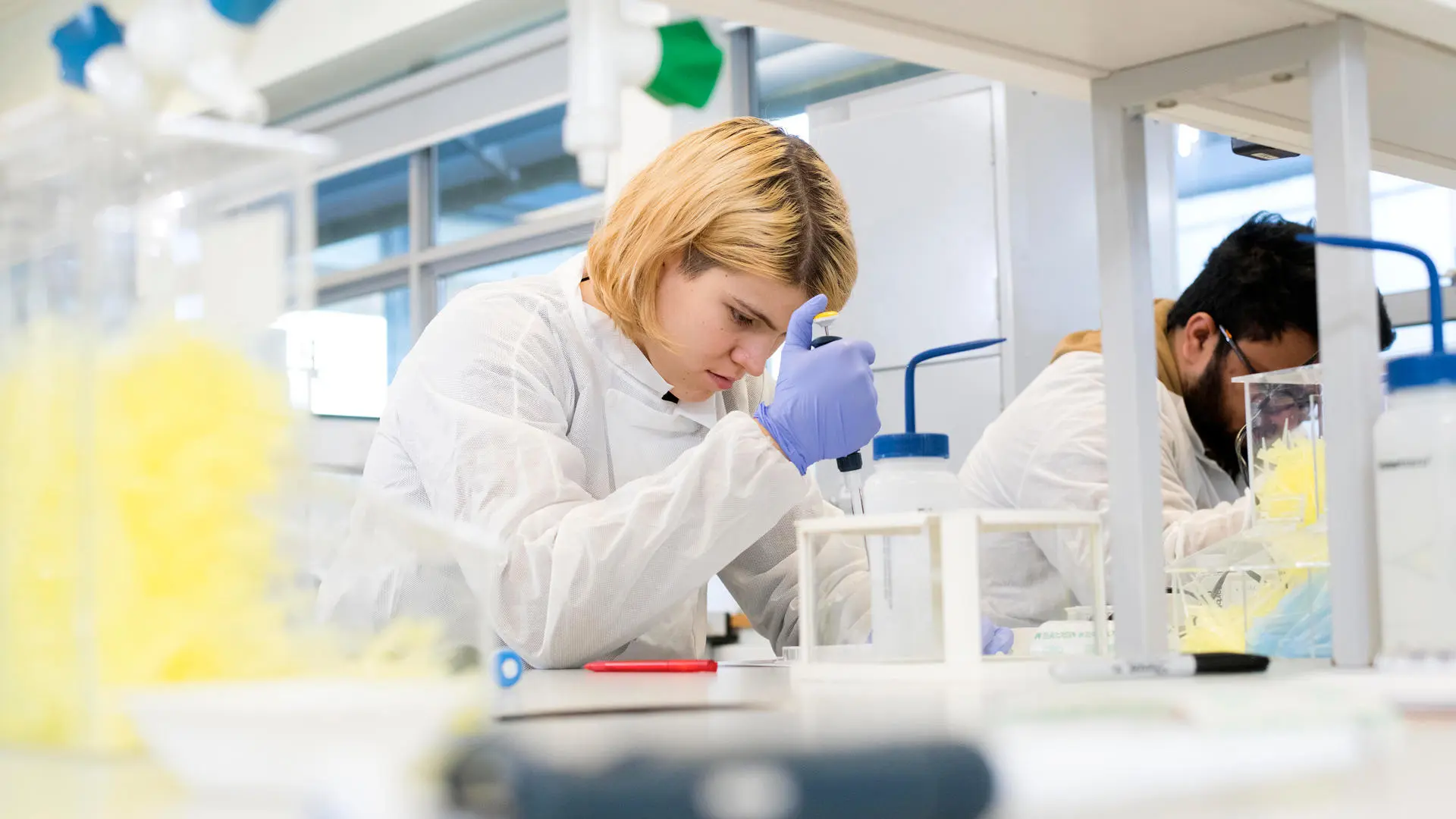Key facts about becoming a pathologist
- Salary: £48,000 - £105,000 (gov.uk)
- You can work for the NHS or in private healthcare. Salaries vary between the two.
- Becoming a pathologist takes between 9 to 15 years, depending on your chosen route.
- You'll work 38 to 40 hour weeks. You might be expected to work evenings, weekends and bank holidays.
What does a pathologist do?
Pathology is the study of diseases; what causes them, their nature and the effects they have on people (and animals too, for veterinary pathologists).
Pathologists can be thought of as 'disease detectives' - they're responsible for figuring out the puzzles behind illnesses and diseases. Solving these puzzles is a very important part of our medical healthcare system, and pathologists are responsible for helping save many lives across the world.
The four most common areas of pathology are:
- Histopathologists study tissues and cells. They play a key role in diagnosing or excluding cancer, and are the only pathologists to carry out post mortems
- Haematologists study blood. They diagnose and treat people with blood disorders
- Chemical pathologists study the chemistry of the body. They help diagnose and plan the treatment of diseases such as diabetes
- Microbiologists and virologists study infections. They work together to diagnose and manage infections in patients and communities.
The working environment for a pathologist can vary depending on which area you work in and your current employer. You might be working in a large hospital or in a smaller independent lab. You'll typically be working closely with other teams to investigate and share findings and other information important to patients and those treating them.
Why become a pathologist?
Ultimately, you'll save lives.
If you enjoy working on a puzzle, and at the same time want to contribute to the development of modern medicine, then pathology is an excellent field to get into.
You'll be contributing to the constant development of modern healthcare. You'll be at the forefront of figuring out how illness and disease works, and how we can treat patients.
Skills needed for a pathologist
Pathologists need a good set of important skills to be successful and efficient at their job.
- Work well under pressure: You sometimes might be required to work under tight deadlines and pressure.
- Effective problem-solving skills: Pathology is a science of solving problems and mysteries.
- Analytical thinking: You need to be able to review complex pieces of data and draw conclusions to save lives.
- Attention to detail: Your diagnoses and findings need to be accurate with no margin for error.
- Communication skills: You need to be able to effectively communicate your findings to other healthcare professionals.
- Teamwork: You need to work alongside a number of different teams and professionals to get your job done.
- Commitment to continuous learning: You need to commit yourself to keeping up to date with the latest scientific and medical findings in pathology.
Related courses
- Course
Medicine & Surgery, MBBS
